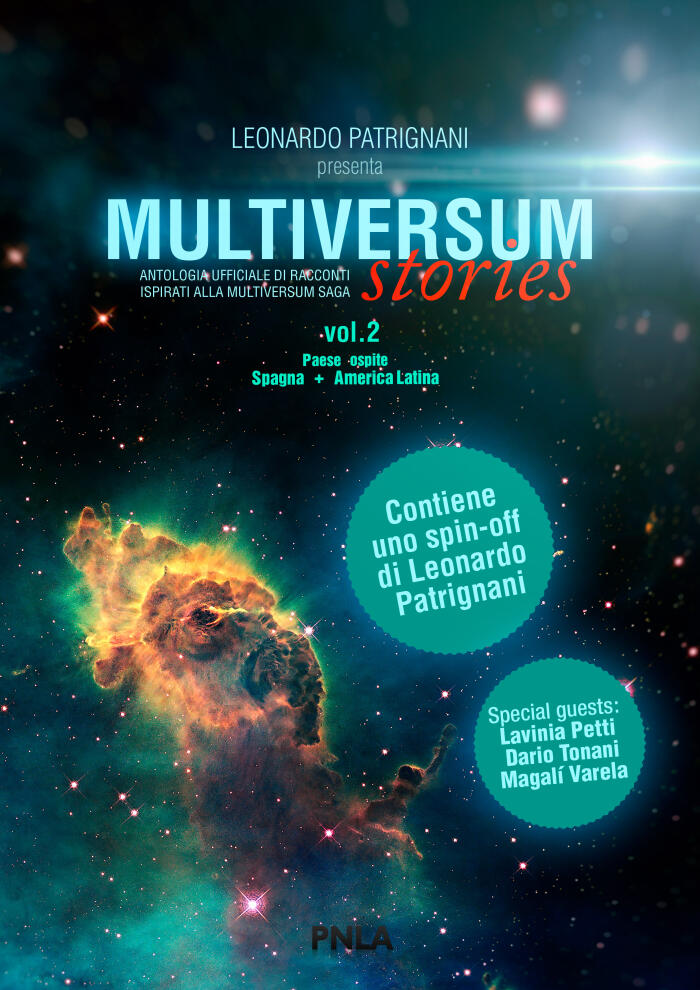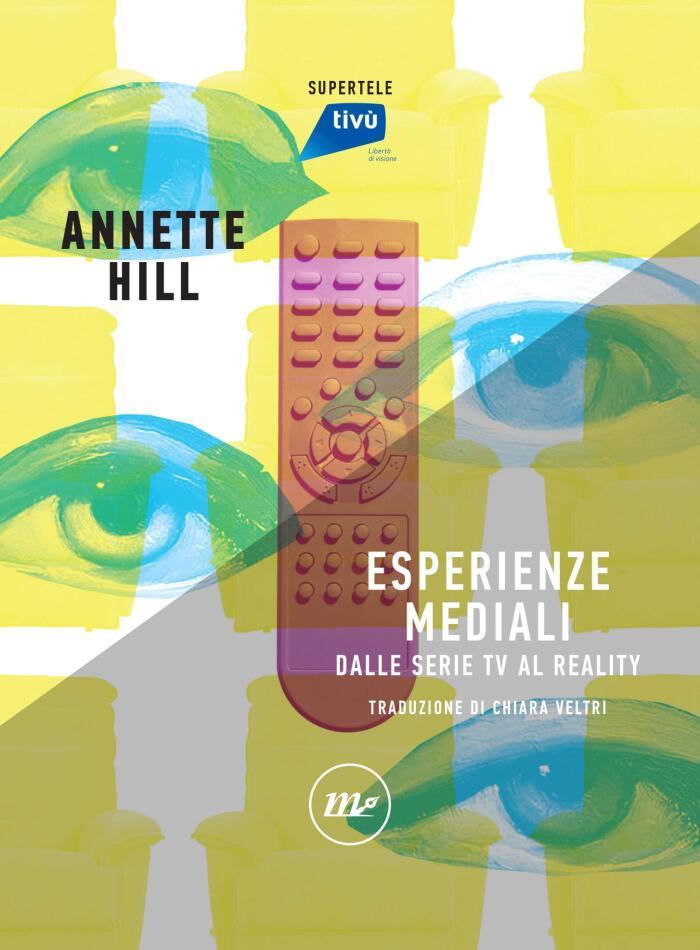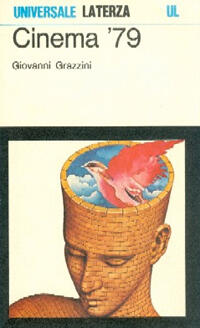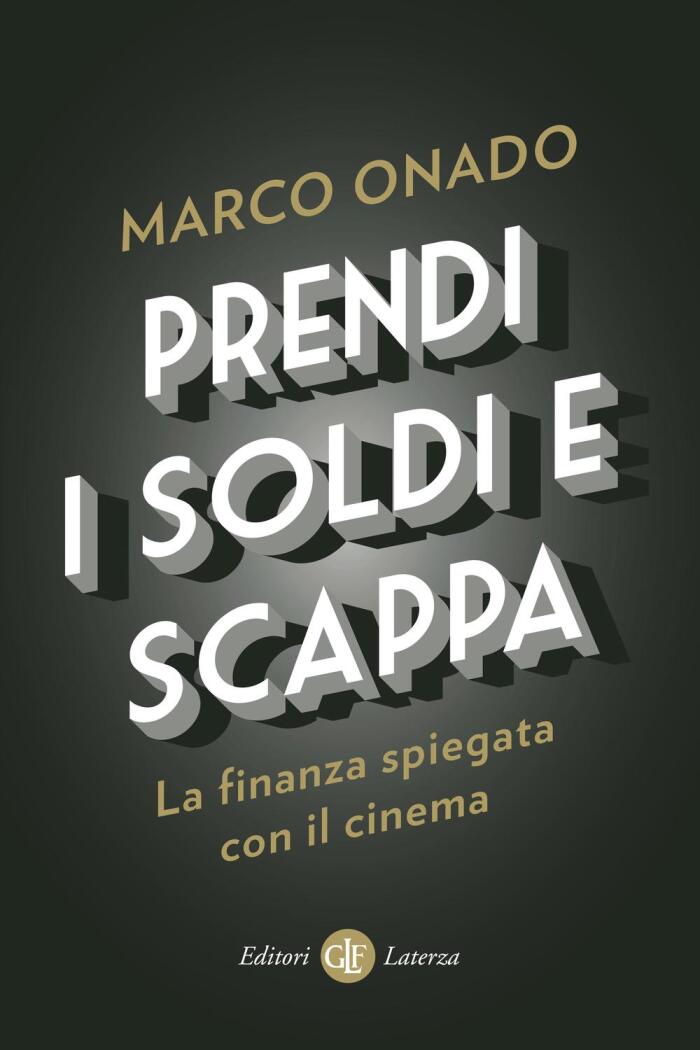
Il Sogno Umanistico della Città Originaria attraverso il linguaggio degli astri: Il Salone dei Mesi di Palazzo Schifanoia a Ferrara
by
Giulio Zennaro
No ratings yet
Dystopian
Format
Paperback
Pages
364
Language
Italian
Published
Oct 16, 2023
Publisher
Independently published
ISBN-13
9798864343579
Description
Nestled in the heart of Ferrara, Palazzo Schifanoia stands as a testament to the city’s rich heritage, and within its walls, the Salone dei Mesi comes alive with the vivid imagery of the Renaissance. Giulio Zennaro meticulously explores the vibrant narratives captured in the frescoes, where the figure of Borso d'Este is celebrated as the ruler who shaped Ferrara’s cultural landscape. The artwork resonates with the harmonious intersection of art and astrology, reflecting the humanistic ideals of an era longing for balance and beauty.
Through the lens of celestial symbolism, Zennaro delves into the dreamlike qualities of the original city, inviting readers to envision a time when the stars guided not only the fates of individuals but the ambitions of a city. Each section of the palace unfolds layers of meaning, where the astrological icons convey deeper connections to the pursuit of knowledge and the human experience.
As he weaves together history, art, and astronomy, the author presents a compelling narrative that transcends the mere depiction of imagery, inviting readers to engage with the philosophical underpinnings of a society in transformation. The frescoes become a canvas not only for aesthetic appreciation but also for understanding the aspirations and ideals of a world steeped in humanistic thought.
The journey through the Salone dei Mesi emerges as an exploration of identity, where the past converses with the present. Zennaro’s work is not just an account of a historical site but a celebration of the enduring spirit of Ferrara and a reflection on humanity's quest for meaning in the cosmos.
Through the lens of celestial symbolism, Zennaro delves into the dreamlike qualities of the original city, inviting readers to envision a time when the stars guided not only the fates of individuals but the ambitions of a city. Each section of the palace unfolds layers of meaning, where the astrological icons convey deeper connections to the pursuit of knowledge and the human experience.
As he weaves together history, art, and astronomy, the author presents a compelling narrative that transcends the mere depiction of imagery, inviting readers to engage with the philosophical underpinnings of a society in transformation. The frescoes become a canvas not only for aesthetic appreciation but also for understanding the aspirations and ideals of a world steeped in humanistic thought.
The journey through the Salone dei Mesi emerges as an exploration of identity, where the past converses with the present. Zennaro’s work is not just an account of a historical site but a celebration of the enduring spirit of Ferrara and a reflection on humanity's quest for meaning in the cosmos.
Reviews
Reading Log
No reading logs found
Start tracking your reading progress to see logs here
Add Your First Reading LogNotes
Transaction Log
No transaction logs found
Start tracking your book transactions to see logs here
Add Your First Transaction Log







